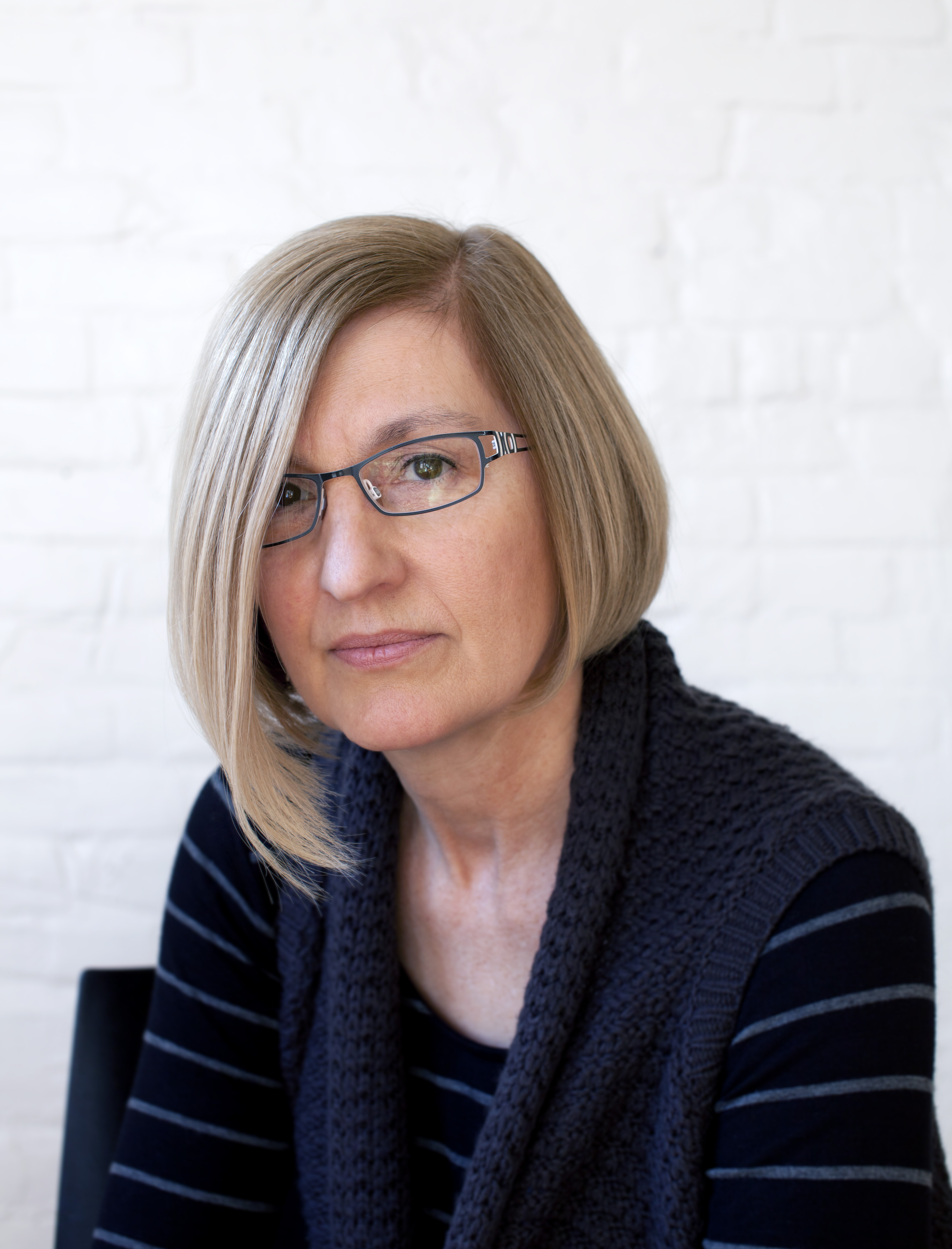Picking up the New York Times' roundup of notable passings of 2018, I was shocked to see Devah Pager’s name in the list. The network of criminal justice researchers is small. When I was with the Iowa Department of Corrections, I provided Pager data for one of her studies.
Devah Pager was a Harvard sociologist whose 2003 study, The Mark of a Criminal Record, documented that having a prior arrest or conviction shapes a person’s employment opportunities, and that race plays a role in hiring decisions equal to or greater than the impact of a criminal record. To put it bluntly, a white applicant with a record has a better chance of being offered a job than a black person without a record.
Pager’s work helped fuel ban-the-box campaigns to remove questions regarding a person’s criminal history from job applications, and to delay inquiries into job applicants’ prior convictions until later in the hiring process. As of September 2018, 33 states, the District of Columbia, and over 150 cities and counties have adopted ban-the-box (also known as fair-chance) policies. These policies are important because over 600,000 people are released from U.S. prisons each year—roughly the population of Louisville, Kentucky. Employment plays an important role in keeping them from returning to prison.
Even with prison populations nationally on the decline for nearly a decade, the United States remains the world’s leader in mass incarceration. It’s an issue that has shaped my work professionally—and more recently, creatively. My short story, “Justice Systems in Quantum Parallel Probabilities,” originally published in Clarkesworld and republished in The Best American Science Fiction and Fantasy 2018, was my effort to think outside the box of what we know, and see what new justice systems might be dreamed.
I’ve long loved science fiction for its dialogue with science, for how real-world research informs creative work. Much of my own science fiction is about new technologies, and how they shape the culture—including its crimes and laws—and by extension, affect how people think.
I have more dreaming to do, but in the meantime, I’m inspired by Devah Pager, whose work made a difference.






